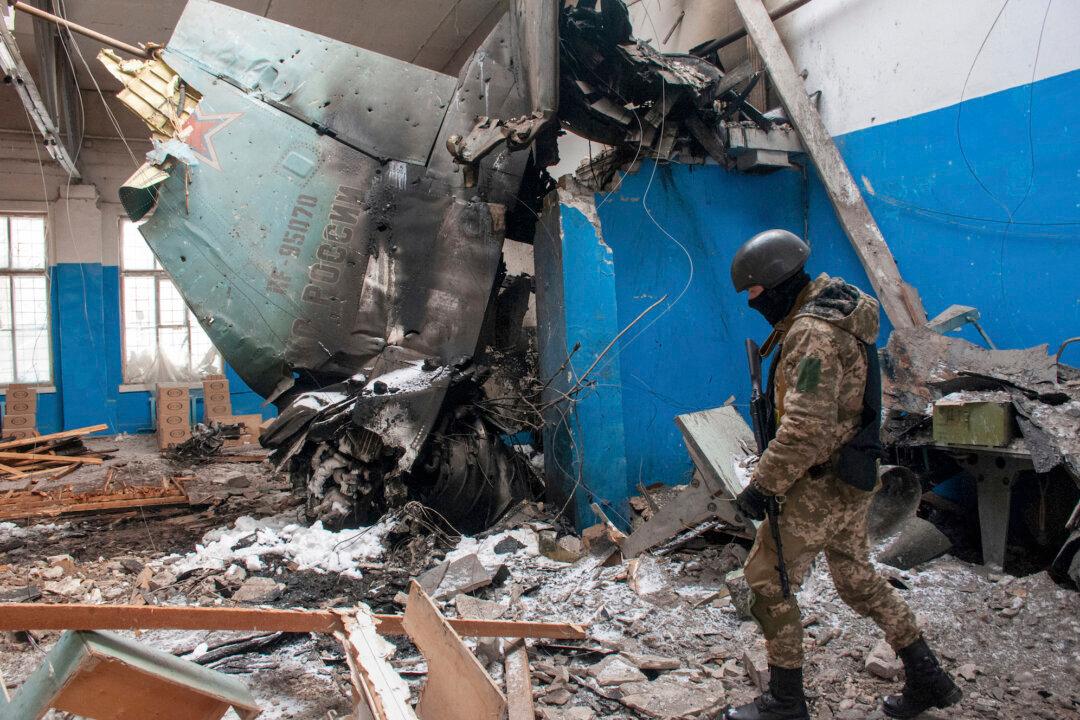The Russian war on Ukraine will affect global strategy and alter the political and security landscape in the Indo-Pacific region for decades to come, according to defense and security experts.
Russian President Vladimir “Putin’s war on Ukraine is like the 9/11 terrorist attacks,” said Yasuhiro Matsuda, a professor of international politics at the University of Tokyo, during a recent interview with the Hudson Institute, a Washington-based think tank.




